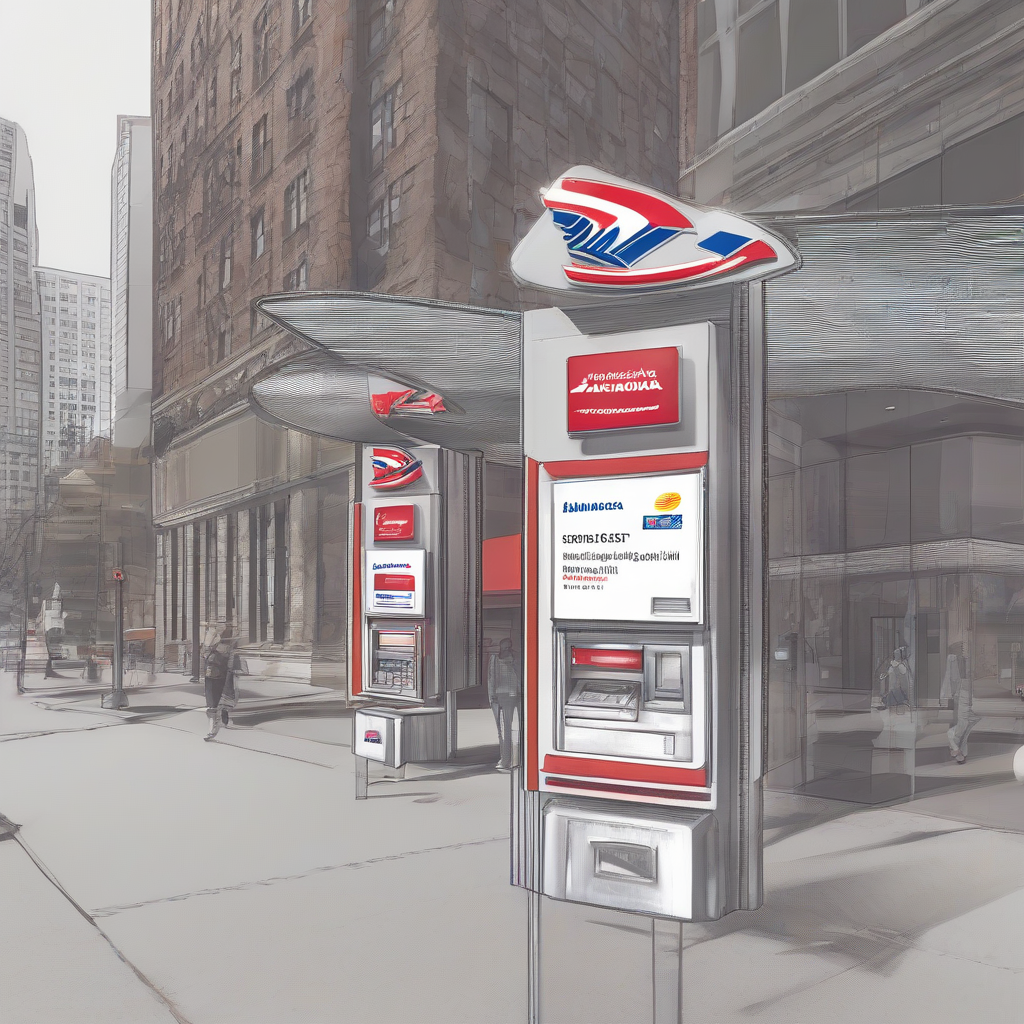The Ultimate Guide to Banking for Small Businesses: Everything You Need to Know

The Ultimate Guide to Banking for Small Businesses: Everything You Need to Know
The Ultimate Guide to Banking for Small Businesses: Everything You Need to Know
Choosing the Right Bank for Your Small Business
- Assess your needs:
- What types of transactions do you anticipate? (e.g., high volume, international, online-only)
- What is your estimated annual revenue?
- Do you need financing options?
- What level of customer service do you require?
- Compare banks:
- Fees and charges (account maintenance, transaction, overdraft)
- Interest rates on loans and savings accounts
- Technology and online banking features
- Customer service reputation
- Look for specialized services:
- Merchant services (for accepting credit card payments)
- Payroll services
- Accounting and bookkeeping assistance
- Business loans and lines of credit
- Read reviews and testimonials:
- Get insights from other small business owners
- Look for feedback on customer service, ease of use, and reliability
Understanding Different Types of Bank Accounts
- Checking Accounts:
- For everyday business transactions (e.g., paying suppliers, receiving payments)
- Offer various features, including check writing, debit cards, and online banking
- Savings Accounts:
- For holding funds and earning interest
- Typically have higher interest rates than checking accounts, but may limit withdrawals
- Money Market Accounts:
- Combination of checking and savings features
- Higher interest rates than checking accounts, but may require a minimum balance
- Certificate of Deposit (CDs):
- Fixed-term investment accounts with guaranteed interest rates
- Typically require a minimum deposit and have penalties for early withdrawal
Essential Banking Services for Small Businesses
- Online Banking:
- Access accounts, transfer funds, pay bills, and manage finances online
- Saves time and increases efficiency
- Mobile Banking:
- Manage accounts, make deposits, and transfer funds from your smartphone or tablet
- Provides convenient access to your finances on the go
- Merchant Services:
- Accept credit card payments online or in person
- Provides equipment, software, and processing services
- Payroll Services:
- Streamlines payroll processing, including calculating taxes and deductions
- Ensures timely and accurate payments to employees
- Business Loans and Lines of Credit:
- Provides funding for expansion, working capital, or other business needs
- Offer different interest rates and repayment terms
Tips for Managing Your Small Business Finances
- Set a budget:
- Track your income and expenses
- Identify areas for cost savings
- Reconcile your accounts:
- Match bank statements with your records to ensure accuracy
- Catch errors and identify any discrepancies
- Save for emergencies:
- Have a financial cushion to cover unexpected expenses
- Minimize the impact of unforeseen events on your business
- Stay organized:
- Keep track of invoices, receipts, and other financial documents
- Use a system that works for you, such as accounting software or spreadsheets
- Monitor your credit score:
- A good credit score can qualify you for better loan terms
- Regularly check your score for errors and make necessary improvements


















